Focus
Your Present Location: HOME> Focus-
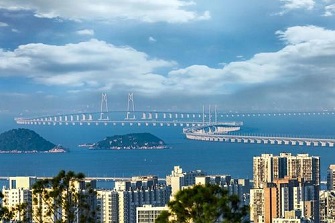
Easier foreign investment access will accelerate stock market internationalization
China released a plan Thursday to lower the threshold for foreign investment in listed Chinese companies, a move that an expert said is set to advance the internationalization of the domestic capital market as the country's pursuit of high-quality growth welcomes more global participants. The Ministry of Commerce issued the draft document to solicit public opinion on administrative measures for foreign investment in listed Chinese companies.
2020-06-19 -
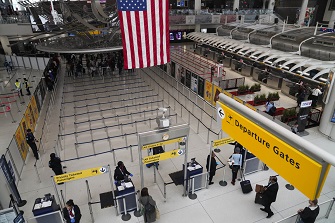
Chinese scholar disturbed by treatment from US officials
As the COVID-19 pandemic rages on in the United States, China has sent chartered flights to bring back Chinese students and scholars having difficulties staying in the country. But some have been disturbed by the actions of some US officials before boarding the planes. One scholar, surnamed Huang, is among them. Huang, who is from an eastern province of China and insists on anonymity, took a chartered plane from New Jersey back to China in late May. He was stuck in the US due to COVID-19 after spending seven months at Princeton University as a visiting scholar.
2020-06-18 -
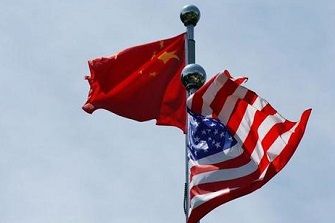
Chinese, US diplomats set to meet
China's State Councilor Yang Jiechi and US Secretary of State Mike Pompeo were reportedly due to meet in the US state of Hawaii on Wednesday, which would be the first meeting between such senior officials since the two nations signed the phase one trade deal in January. The meeting comes amid fast-worsening China-US ties in the first half of 2020. Yang, who is also a member of the Political Bureau of the CPC Central Committee and head of the Office of the Foreign Affairs Commission of the CPC Central Committee, would meet Pompeo as the latter is trying to ease tensions between the world's two largest economies over various issues, Reuters reported on June 13.
2020-06-18 -
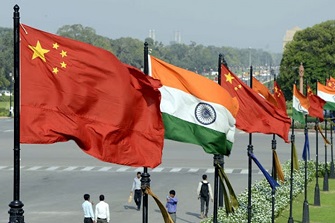
Indian hawks, biased media, right-wing political groups should stay rational amid China-India border clash
The clash between China and India on the border that reportedly led to the deaths of 20 Indian soldiers has reignited anti-China sentiment in India and a wave of "de-Sinicization" among Indian citizens. Some of India's hawkish politicians and media have also hyped up the conflict. Indian Punjab Chief Minister Amarinder Singh said on Tuesday that "It is time now for the government of India to take some stringent measures. Each sign of weakness on our part makes the Chinese reaction more belligerent. I join the nation in paying tribute to our brave martyrs. The nation stands with you in your hour of grief," India media reported.
2020-06-18 -
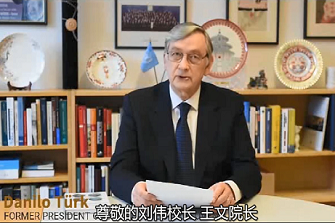
Danilo Türk: The future success demands the best experiences
BRI Development in the Post-epidemic Era & "Belt and Road Encyclopedia" Online Book Launch was held on 17 June 2020. Dr. Danilo Türk, former President of Slovenia delivered a keynot speech and recommended "Belt and Road Encyclopedia". He mentioned that the Belt and Road Initiative represents an unprecedented opportunity to strengthen global connectivity in the 21st Century, to foster development in all parts of the world and to create new forms of international cooperation, including multilateral cooperation, so needed in our era.
2020-06-18 -
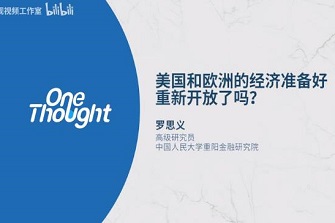
John Ross: Why do British people have "group immunity"? The rich will tell you why
John Ross, Senior Fellow of Chiongyang Institute for Financial Studies at Renmin University of China, presented his opinions about the economic situations in UK and UAS and the influence of UN with COVID-19 pandimci.
2020-06-18 -

Israeli businesses remain eager for Chinese market despite mounting pressure from US
Bilateral business activities between China and Israel have been making progress despite the COVID-19 pandemic disrupting normal communications, and the two sides are looking forward to strengthening cooperation and business expansion in the post COVID-19 period. The close business ties between China and Israel, particularly in the high-tech sector, won't be dented by the US, business representatives and experts told the Global Times.
2020-06-17 -
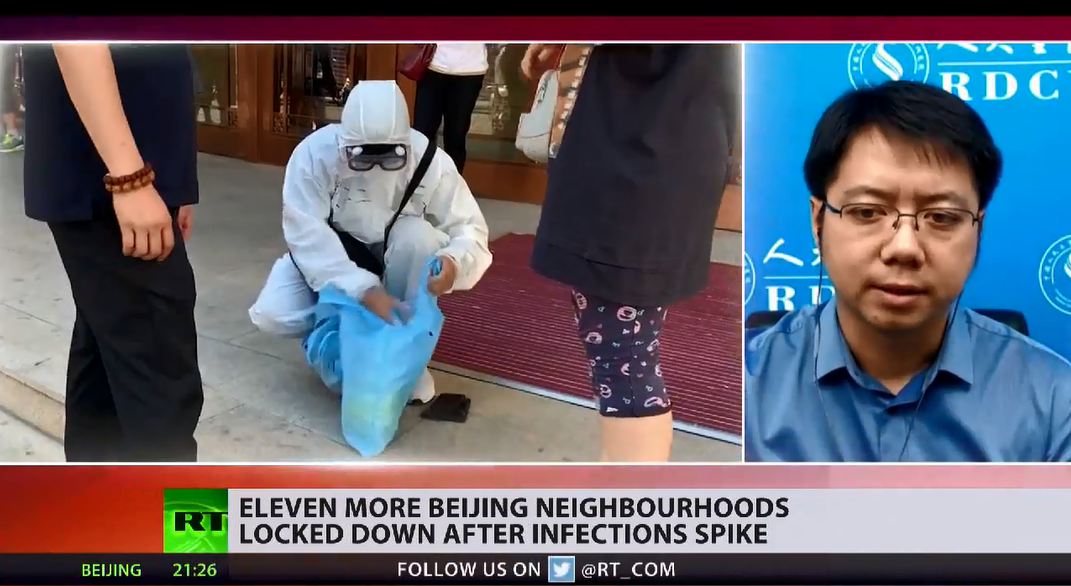
Wang Wen: Beijing won't be worse than Wuhan five months ago
China has locked on 11 more neighborhoods in Beijing to contain a new corona-virus outbreak linked to a food market in the capital. Chinese officials say the new cases were found at a second food market where several employees tested positive. It's reported that they are all linked to a market where an outbreak was registered last week. It was shut down on Saturday. Tens of thousands of nearby residents are now being tested. Lengthy queues formed near hospitals on a sports complex in Beijing as part of a mass screening program. The country's seeing a spike in figures after many weeks of reporting small numbers of new cases. It is now registering dozens of new infections for the second day in a row.
2020-06-16 -
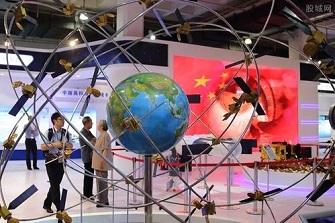
Wang Wen: China won't watch globalization die
Data has proven that China is stabilizer of globalization. The WTO on April 8 said that world trade is expected to fall between 13 percent and 32 percent in 2020. The drop will mainly come from the US, whose imports declined 20.5 percent in April from January while exports fell 28.1 percent in the same period. But China's imports and exports in the first five months of 2020 have maintained a slight year-on-year dip of 4.9 percent. Meanwhile, exports in May increased 1.4 percent. China has become ballast stone of world trade.
2020-06-16 -

American Express enters Chinese market amid China-US financial conflict
US-based American Express on Saturday announced that its China-based joint-venture Express Company has received approval from China's central bank for a network clearing license, becoming the first foreign payment network to be licensed to clear transactions of Chinese currency, the yuan, in the Chinese mainland amid the accelerating China-US financial conflict. Express Co, a joint venture of American Express with a Chinese fintech services company Lianlian DigiTech Co, is expected to begin processing transactions later this year, according to a statement sent to the Global Times by American Express on Saturday.
2020-06-15 -
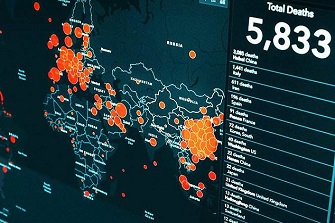
He Yafei: After the Pandemic: More or Less Anarchy?
The pandemic has wreaked havoc with global governance, plunging the world into further anarchy with fundamental changes. The world is witnessing the emergence of a new world where global governance in particular public health governance including crisis management is in disarray. The major power cooperation essential to the provision of global commons in support of a functional global governance system is fading fast as a result of intensifying geopolitical entanglements. The pandemic served as a catalyst escalating fragmentation and anarchy of global governance and post-pandemic governance will probably be more rather than less anarchic. Let us take a look into the post-pandemic world.
2020-06-15 -
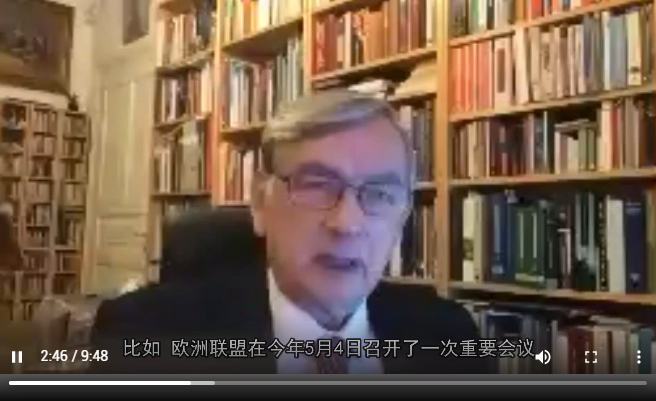
Danilo Türk: Cross border cooperation is essential for fighting COVID-19
Danilo Türk gave a speech at the Global Think Tanks Online Forum held in Beijing on June 10. Over 100 think tank experts and media representatives from 48 countries and nine international organizations attended the forum. The following is the full text of his speech.
2020-06-12 -
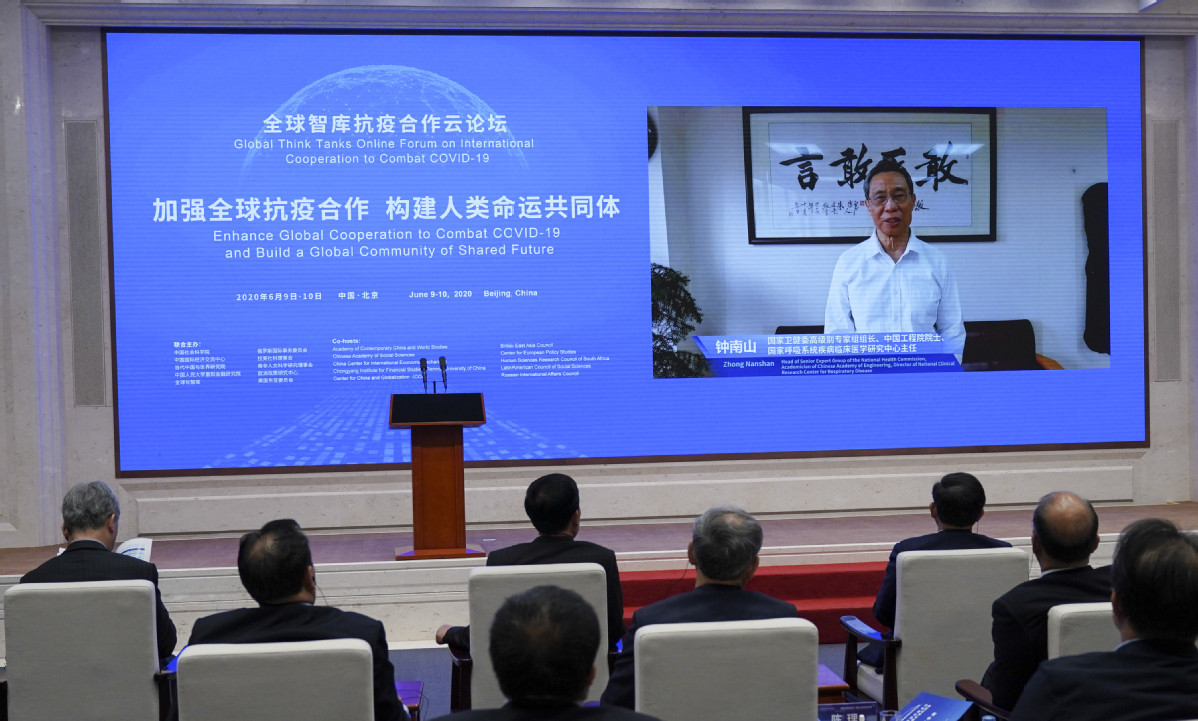
Global think tanks forum issues joint statement on battling COVID-19
The Global Think Tanks Online Forum on International Cooperation to Combat COVID-19, held on Tuesday and Wednesday, issued a joint statement calling for international solidarity to fight the COVID-19 pandemic.
2020-06-11 -

Subforum of Global Think Tanks Forum on Combating COVID-19 held at RDCY
Stronger economic policies and international cooperation will support the world's recovery from the pandemic, and China returning faster to normalcy could be a major stabilizer of the global economy, experts from home and abroad said at a forum on Wednesday.
2020-06-11 -
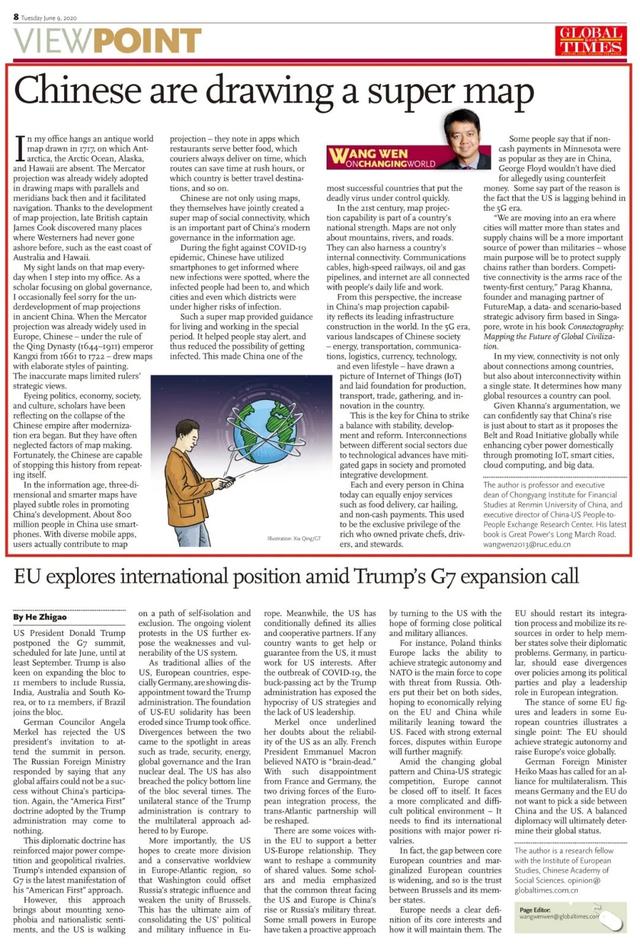
Wang Wen: Chinese are drawing a super map
Eyeing politics, economy, society, and culture, scholars have been reflecting on the collapse of the Chinese empire after modernization era began. But they have often neglected factors of map making. Fortunately, the Chinese are capable of stopping this history from repeating itself.
2020-06-09 -

Bank sanctions, delistings: U.S. poised to take financial fight to China
“The profit-seeking nature of capital determines that China is still one of the most sought-after markets,” he said. “Whoever loses the Chinese market will lose the future.”
2020-06-09 -
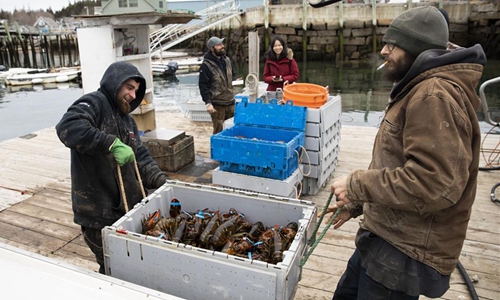
Lower lobster tariffs 'unlikely'
China is unlikely to lower tariffs on US lobsters, part of its countermeasures against US tariff hikes, unless the trade dispute initiator moves first on tariff rollbacks, a former senior Chinese trade official said on Sunday. US President Donald Trump threatened the EU and China with more tariffs at a roundtable event in the US northeastern state of Maine with local fishermen on Friday, according to Bloomberg, in hopes of intimidating the trading partners into reducing tariffs on US lobsters.
2020-06-08 -
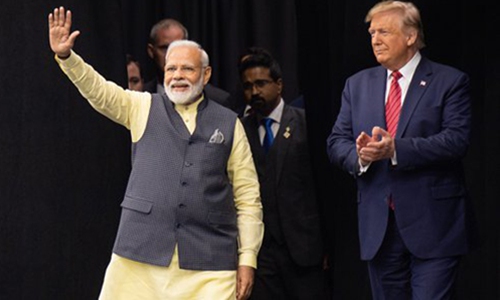
Liu Zongyi: India plays with fire spicing up G7 expansion
Indian Prime Minister Narendra Modi responded positively to US President Donald Trump's proposal of expanding G7 into a G11 or G12 that includes India. In a phone conversation on Tuesday, Modi commended Trump for his creative and far-sighted approach, acknowledging the fact that such an expanded forum would be in keeping with the emerging realities of the post-COVID-19 world, according to a statement by the Indian Ministry of External Affairs.
2020-06-08 -
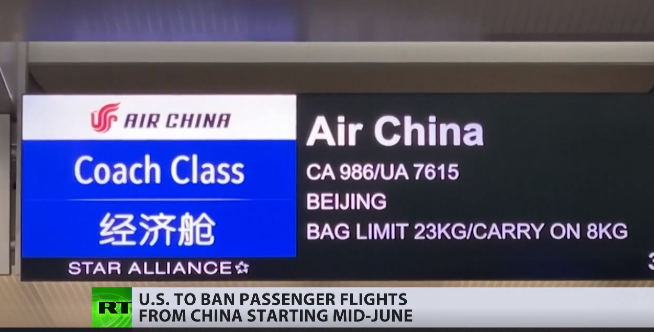
Wang Wen: Ban or open at will, US suspending on Chinese airlines is unreasonable and hegemonic
The United State plans to suspend passenger flights to China later this month. Russia's top international media "Russia Today" (RT) gave an exclusive interview with Wang Wen, the Executive Dean of Chongyang Institute for Financial Studies at Renmin University of China (RDCY) on this issue. The following is the full text of the interview.
2020-06-05 -
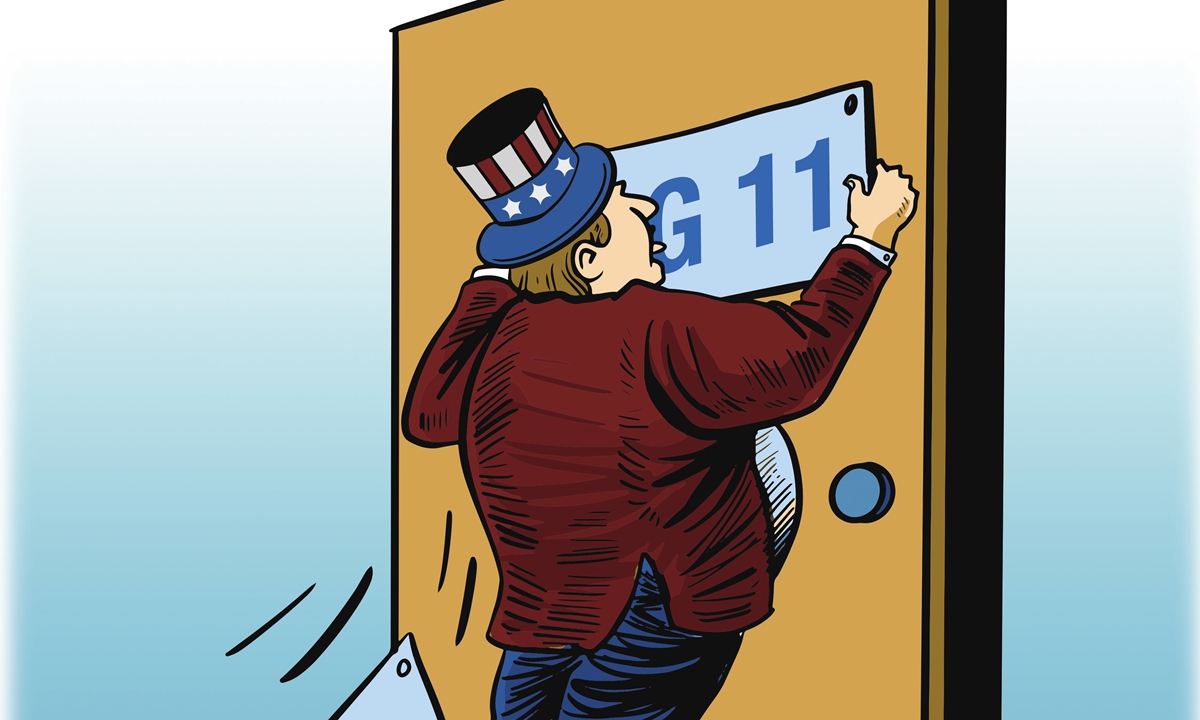
Li Wei: Can Washington expand G7 in anti-Beijing move?
The US, this year's host country for the G7 summit, reportedly intends to form a "G11" by inviting South Korea, Australia, Russia and India to attend the meeting that has been postponed until at least September. But how well the US has maintained its global leadership capacity is in question, as is whether or not it will be able to use the summit as a platform to promote its anti-China agenda. That the US intends to invite new countries to attend is not shocking as G7 summits have adopted a G7-plus mechanism and the host country is permitted to issue invitations.
2020-06-05
























































































 京公网安备 11010802037854号
京公网安备 11010802037854号





